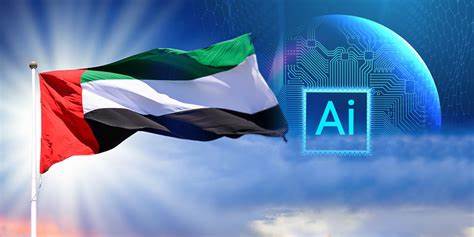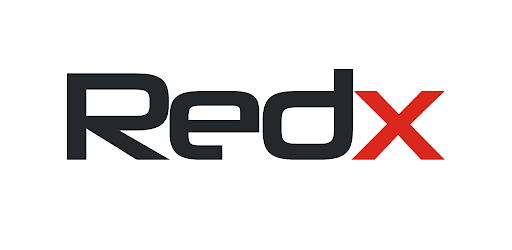UAE and US Agree on AI Chip Deal

The United States and the United Arab Emirates (UAE) finalized a landmark agreement enabling Abu Dhabi to import up to 500,000 of Nvidia’s most advanced AI chips annually. This deal, announced during President Donald Trump’s Gulf tour, marks a significant shift from previous U.S. export restrictions and underscores the UAE’s ambition to become a global leader in artificial intelligence. The agreement also includes the construction of a 10-square-mile AI campus in Abu Dhabi, powered by 5 gigawatts of energy, which will be the largest AI facility outside the United States. U.S. companies are set to operate these data centers, ensuring compliance with American security protocols.
The partnership reflects a broader $1.4 trillion investment framework over the next decade, focusing on AI, semiconductors, energy, and manufacturing sectors. As part of this initiative, the UAE plans to increase its energy investments in the U.S. to $440 billion by 2035, up from the current $70 billion. In return, American energy firms, including ExxonMobil and Occidental Petroleum, will expand their operations in the UAE, investing in upstream oil, gas, and unconventional energy projects valued at $60 billion.
While the deal strengthens U.S.-UAE ties and positions both nations at the forefront of AI innovation, it has raised concerns among U.S. lawmakers and security experts. Critics worry about the potential diversion of sensitive American technology to China, given the UAE's close economic ties with Beijing. To mitigate these risks, the agreement includes provisions for U.S.-managed data centers and commitments from the UAE to align its national security regulations with those of the United States. Despite these safeguards, the deal signifies a strategic pivot in U.S. export policy, balancing technological advancement with geopolitical considerations.




